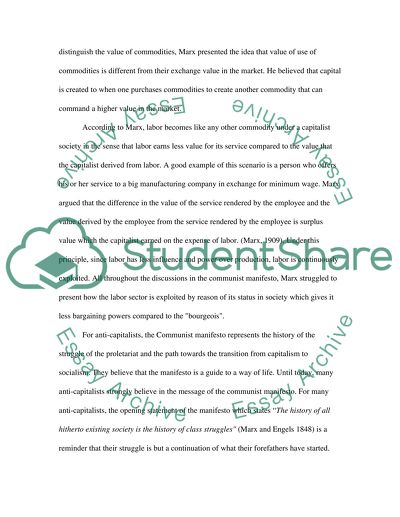Cite this document
(Understanding the Communist Manifesto and Its Implications in our Mode Case Study, n.d.)
Understanding the Communist Manifesto and Its Implications in our Mode Case Study. Retrieved from https://studentshare.org/history/1546126-critically-evaluate-the-main-ideas-and-theories-in-the-communist-manifesto-by-marx-and-engels
Understanding the Communist Manifesto and Its Implications in our Mode Case Study. Retrieved from https://studentshare.org/history/1546126-critically-evaluate-the-main-ideas-and-theories-in-the-communist-manifesto-by-marx-and-engels
(Understanding the Communist Manifesto and Its Implications in Our Mode Case Study)
Understanding the Communist Manifesto and Its Implications in Our Mode Case Study. https://studentshare.org/history/1546126-critically-evaluate-the-main-ideas-and-theories-in-the-communist-manifesto-by-marx-and-engels.
Understanding the Communist Manifesto and Its Implications in Our Mode Case Study. https://studentshare.org/history/1546126-critically-evaluate-the-main-ideas-and-theories-in-the-communist-manifesto-by-marx-and-engels.
“Understanding the Communist Manifesto and Its Implications in Our Mode Case Study”. https://studentshare.org/history/1546126-critically-evaluate-the-main-ideas-and-theories-in-the-communist-manifesto-by-marx-and-engels.


